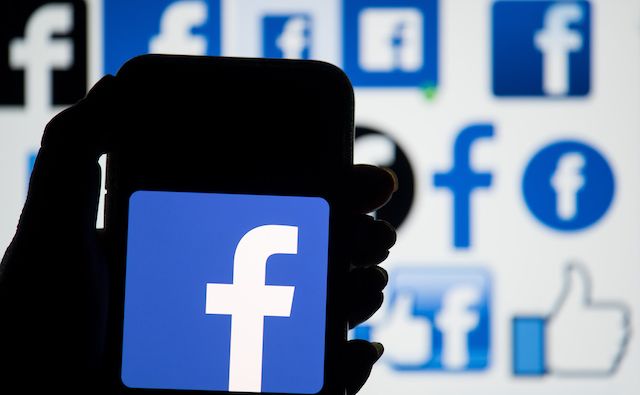Big data and individual freedom
Massive data leaks from Facebook have spurred calls for tighter government regulation of social media. That is the worst possible response.

Billions of people use Facebook. Users upload data on their Facebook accounts, which might be intended for a defined circle of friends or business partners, but could also be addressed to the general public.
These data serve another purpose, too. They can be analyzed to yield copious information on individuals, groups of people or whole populations. This information is extremely valuable, and mining this data trove for commercial use is one of the social media company’s main sources of income.
Facebook’s business model was never a secret. Users appear to have accepted it – otherwise, they would not disclose their data free of charge. They appear unconcerned that this open attitude gives third parties deep insights into their private lives, personal behavior and decisions. Individuals are submitting voluntarily to deep intrusions into their privacy.
It was also never a secret that President Donald Trump’s campaign used social media data, analyzed by the British company Cambridge Analytica, to target voters. It should be no surprise that one of the main sources of this data was Facebook. Cambridge Analytica has long marketed itself for having collected “5,000 data points on over 220 million Americans,” which it could then use to show clients how to target voters with bespoke messages. Although this was never a secret, the subsequent outcry was big. All of a sudden, Facebook became a villain.
Government control is the greatest danger posed by data abuse on Facebook or other social media.
In outrage, many people have closed their Facebook accounts. The company’s shares fell by more than 10 percent last week, and there have been public calls that governments should step in to regulate and control the social media giant.
That is the wrong approach. Government control is precisely the greatest danger posed by data abuse on Facebook or other social media. Every day, governments around the world mine big data to monitor, influence and control citizens – irrespective of whether the state happens to be democratic or autocratic.
There is only one real remedy against such intrusions on privacy, which can come from government agencies, intelligence services, police, criminals or – in the most harmless form – businesses. Do not share personal information on Facebook or other big data systems.
Lethal weapon
Even a few seemingly innocuous or irrelevant pieces of data can allow algorithm-based systems to extract deep knowledge of our behavior and personality. In government hands, this can be a lethal weapon to limit personal freedom in ways much more dangerous than influencing elections.
China is busy constructing a Social Credit System that will use big data to evaluate the trustworthiness of its 1.3 billion citizens. The government will publicly score individuals on a wide range of metrics, including their online purchases, daily behaviors and people they associate with. Supposedly, the goal of this compulsory system is to encourage a culture of “sincerity.” In fact, it is a far-reaching plan to exert social control and limit freedom of choice.
But in China, people are being forced to provide this personal information. What can one say about countries where people are surrendering it voluntarily?
